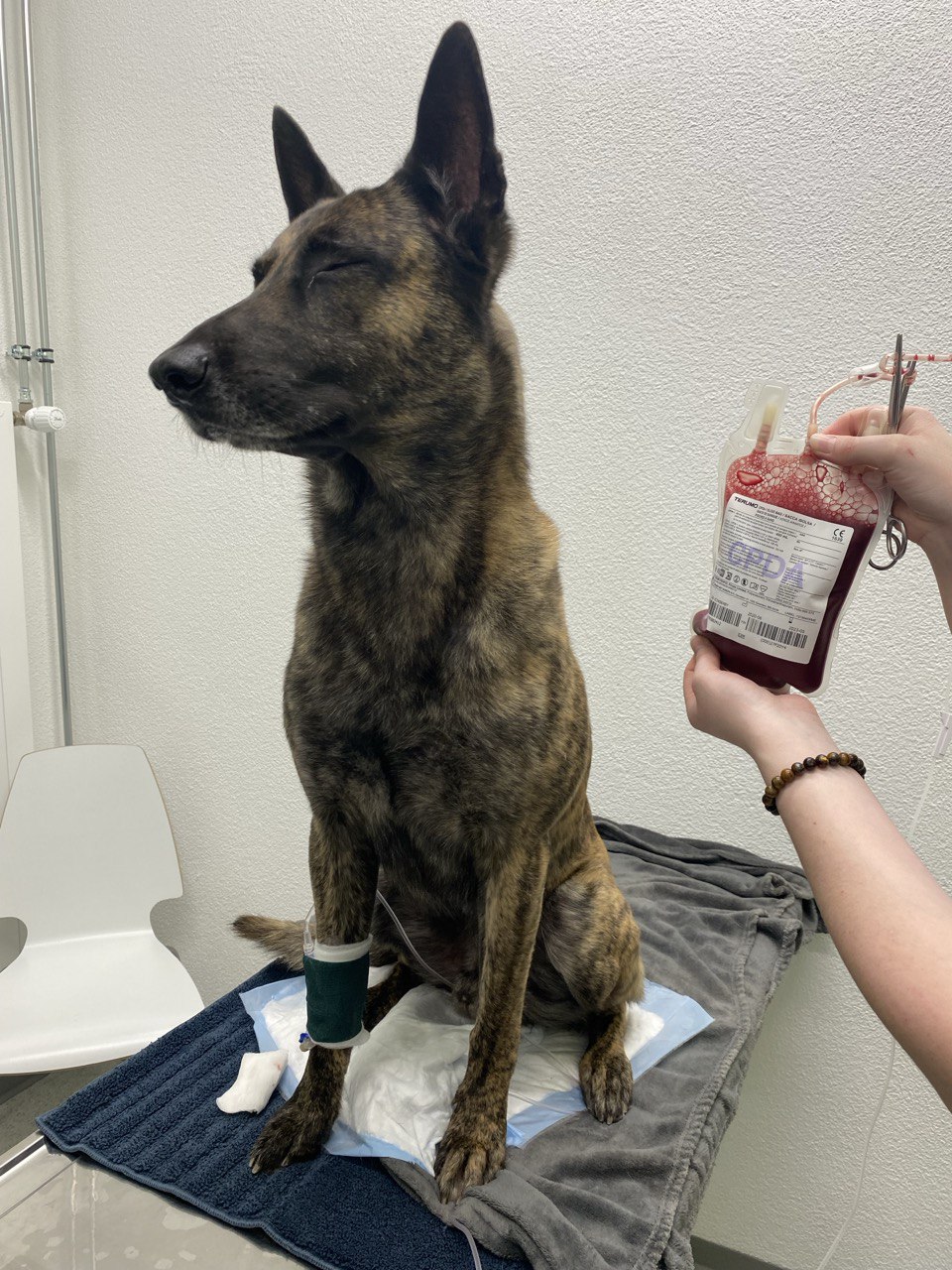Importing pets from EU member states
Animals from EU member states must meet a number of regulations so that they can be imported into Switzerland. A maximum of five animals may be imported at the same time (if more than five animals want to be imported, there are special import regulations, which they here find).
Animals must be fully identified using a microchip and this must have been implanted BEFORE the first rabies vaccination at the earliest 12 weeks of age. The rabies vaccination must also have been carried out (from the age of 12 weeks at the earliest, a 21-day waiting period must be met).
Animals younger than 12 weeks of age cannot be vaccinated against rabies. However, they must carry written confirmation that they have never come into contact with wild animals since birth.
Animals to be imported between the ages of 12 and 16 weeks must have been vaccinated and have written confirmation that they have never been in contact with wild animals since birth. In addition, a valid pet passport must be completed and carried along. The border crossing must necessarily take place at an occupied border crossing during operating hours, as a customs declaration is required. If an application for the assessment of pets must be submitted retrospectively, this must be submitted without exception to the FOZG Pet Competence Center (KoHe).
Importing pets from third countries (including countries at risk of rabies)
If animals want to be imported from so-called rabies risk countries, further provisions must be complied with in addition to the points already mentioned above. In addition to the completed rabies vaccination, a document must also be brought along which confirms that the animal has a sufficiently high antibody titer. Blood may be taken for titer determination at the earliest 30 days after completion of the primary vaccination course (but within the period of validity of the vaccination). In addition, there must be a waiting period of 3 months from blood collection in the high-risk country until it can be imported into Switzerland. Entry from a rabies risk country is therefore only possible and permitted from the age of at least 7 months. The animals must also be transported with a veterinary certificate, which can be issued by an official veterinarian of the country at risk of rabies.
Please check with FSVO which countries are considered a rabies risk country and which are not.
Import bans
The import of cropped dogs is prohibited. Cropped dogs are therefore rejected at the border.
Exceptions:
- Owners living abroad may bring their cropped dog to Switzerland for holidays or other short stays. You must register the dog at customs upon arrival and pay a deposit (the procedure is based mutatis mutandis in accordance with the FSVO regulations.
- Anyone moving to Switzerland from abroad may also bring their cropped dog. However, only if the conditions for the duty-free import of relocated goods are met. To do this, contact the BLV.
conclusion
These requirements must always be met, otherwise an import is not permitted and is therefore illegal. The consequences range from refusal of entry at customs to confiscation or even euthanasia (euthanasia) of the animal. The resulting costs are borne by pet owners and can range in the five-digit range.
Do you have any questions about this topic? Please contact us!
sources:


.svg)
.svg)



.svg)

.png)
.png)


